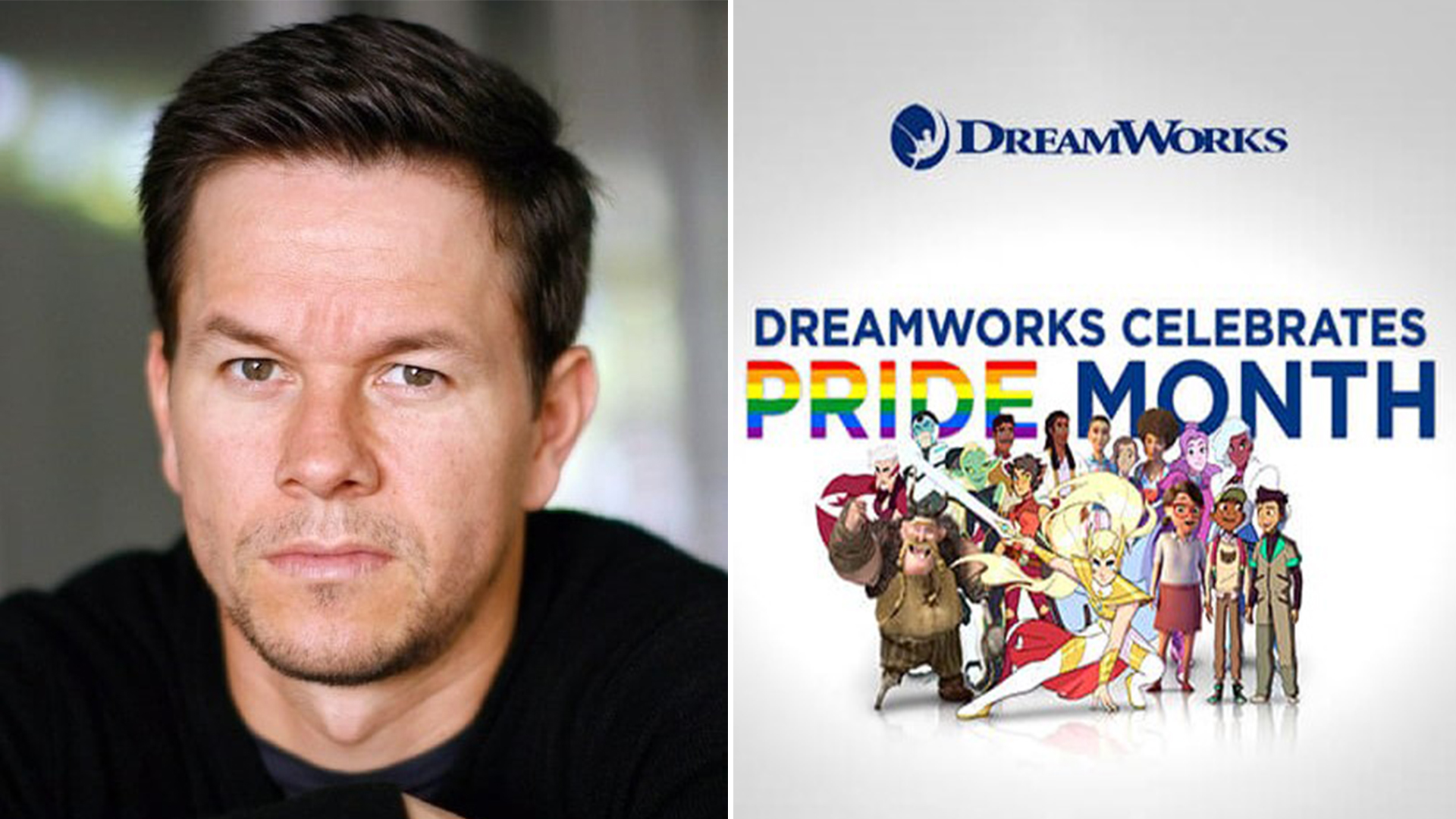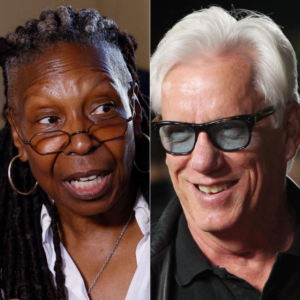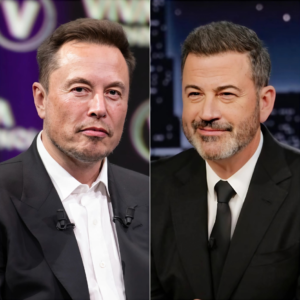
Mark Wahlberg Rejects $150M DreamWorks Animation Offer, ‘Never Doing Wokeness for Kids’
Mark Wahlberg, a Hollywood star known for his roles in action-packed blockbusters and dramatic films, recently made headlines after rejecting a massive $150 million movie offer from DreamWorks Animation. The actor’s decision to turn down the lucrative deal is rooted in his disapproval of what he sees as a growing trend of “wokeness” in children’s entertainment, particularly the studio’s promotion of LGBTQ+ Pride initiatives. Wahlberg has been outspoken about his views on the subject, emphasizing that he would never participate in projects that he believes promote political or social agendas to young audiences.
For Wahlberg, the issue came to a head when DreamWorks Animation’s plans to integrate LGBTQ+ themes into their upcoming films clashed with his personal values. The studio, in recent years, has made significant strides toward inclusivity by promoting Pride events and embracing LGBTQ+ characters and narratives within their films. While many supporters applaud DreamWorks’ efforts to reflect diverse communities, Wahlberg views this as an example of “wokeness” creeping into children’s content, something he feels strongly about.
In an interview discussing his decision, Wahlberg made it clear that he would not compromise on his beliefs when it comes to children’s media. He explained that he believes children should be allowed to enjoy entertainment without being exposed to political or ideological messaging. “I will never perform wokeness for kids,” Wahlberg stated, emphasizing that his priority is to provide family-friendly content that focuses on fun, adventure, and positive role models, without the need for any kind of forced political correctness.
The actor’s decision has sparked both support and criticism. Those who back Wahlberg’s stance argue that children’s entertainment should remain neutral, free from the cultural battles and debates that dominate adult discourse. From this perspective, it’s essential for kids to have a space where they can simply enjoy stories, without the added burden of understanding complex social issues too early in life. This viewpoint sees the rise of LGBTQ+ representation in children’s films as unnecessary or even counterproductive to the pure enjoyment that animation has historically provided.
On the other hand, critics of Wahlberg’s decision argue that DreamWorks Animation’s efforts to include LGBTQ+ characters and themes are a natural and important part of fostering inclusivity in society. As more families and children from diverse backgrounds engage with these films, many believe that it’s essential to ensure that everyone, regardless of sexual orientation or identity, sees themselves represented on screen. For these critics, Wahlberg’s refusal to engage with such content seems outdated, and they view his position as out of touch with the evolving cultural landscape.
The decision to promote Pride and LGBTQ+ inclusivity in children’s programming reflects a broader shift in the entertainment industry. Studios are increasingly recognizing the importance of diversity and inclusion, not just as a moral imperative but also as a business strategy. As audiences demand more representation, major studios like DreamWorks Animation have worked hard to integrate these values into their content. Films like “Shrek,” “How to Train Your Dragon,” and “Trolls” have included moments that reflect this evolving culture, and many believe this is an important step toward normalizing LGBTQ+ representation across all genres.
Wahlberg’s rejection of DreamWorks Animation’s offer, however, underscores the divide between those who embrace the “woke” movement and those who resist it. His decision has brought to the forefront a broader debate about the role of entertainment in shaping children’s values and whether certain social issues should be addressed in films aimed at young audiences. While Wahlberg’s rejection may have cost him a significant payday, it also signals his commitment to his personal beliefs, even in the face of major financial opportunities.
For DreamWorks Animation, the loss of Wahlberg’s involvement is a setback, but one that highlights the growing complexity of modern filmmaking. Studios are now tasked with balancing the inclusion of diverse narratives and characters while considering the tastes and preferences of a wide range of audiences. As for Wahlberg, his stance is likely to resonate with certain segments of the public who feel similarly about the increasing politicization of children’s entertainment, though it may also alienate others who believe that the industry’s progressive changes are necessary and long overdue.
In the end, Wahlberg’s rejection of the DreamWorks Animation offer is a clear signal that the conversation surrounding “wokeness” in Hollywood is far from over. With the entertainment industry continuing to evolve, the question remains whether it’s possible to strike a balance between inclusivity and neutrality, particularly when it comes to children’s media. Wahlberg’s stance will likely fuel further debate, as audiences and creators alike continue to navigate the intersection of art, politics, and social responsibility.





